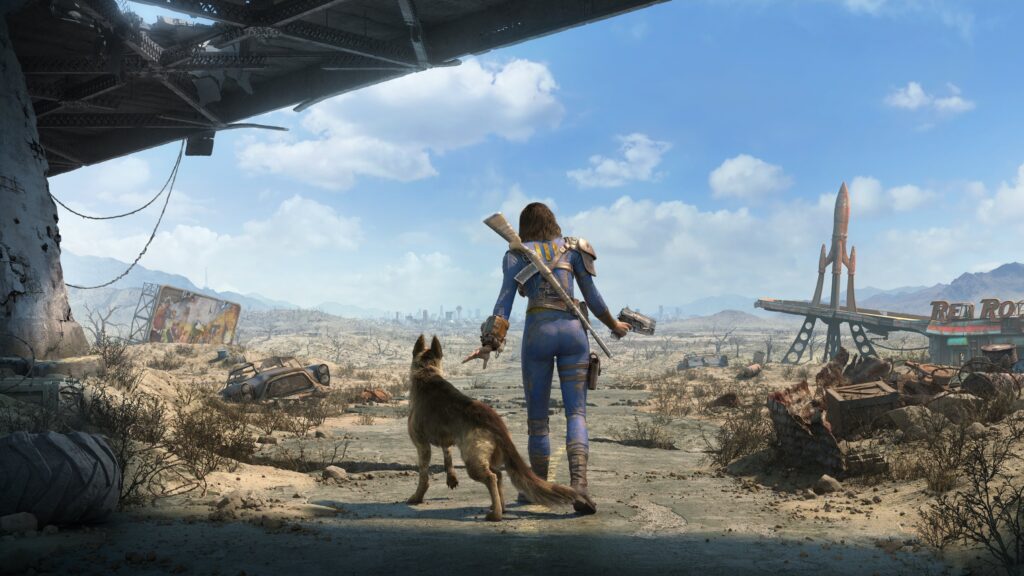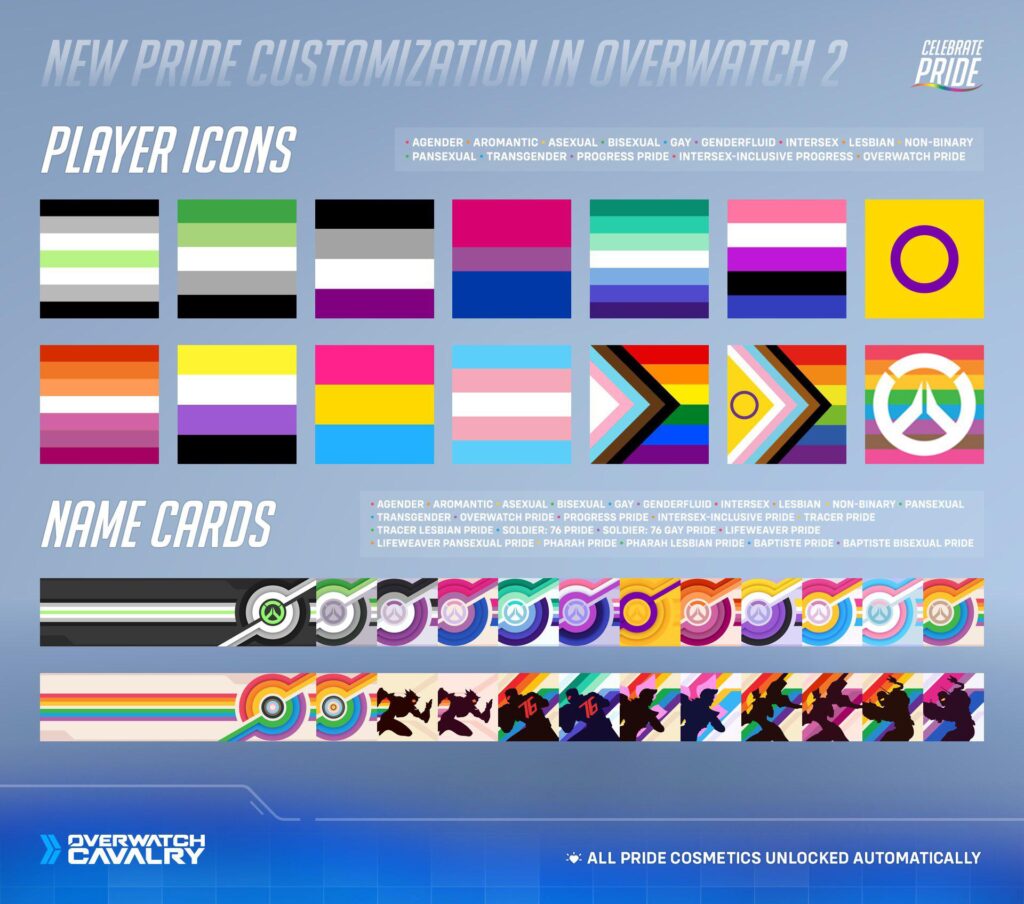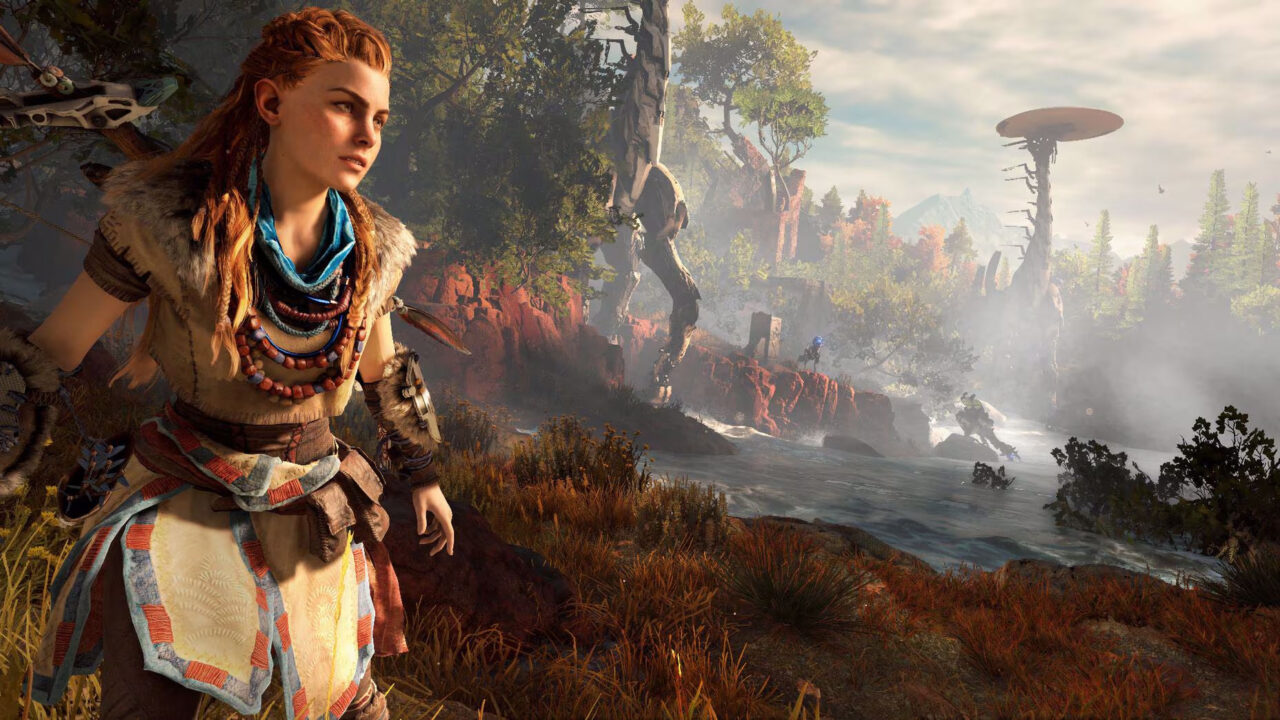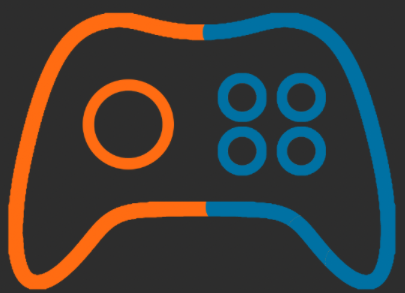A transgender man recalls his experiences of navigating the gaming community – and in particular, the hostility which resides in many online spaces.
Max Cleveland is a 19 year old transgender man, who like most guys his age, has a deep love for video games.
He’s a big fan of single player story games, such as, Detroit: Become Human, Resident Evil, and Fallout 4; he also enjoys playing multiplayer games, such as, Fortnite, Overwatch 2, and Dead By Daylight.
“That beginning speech – ‘War never changes’ – from Fallout 4 is so dear to me because of all the memories that are tied to it. It holds a special place in my heart.”

But, regardless of how much adoration you may hold for your hobby, there’s always something that can cast a shadow on it. When a large portion of the community is loud in their hatred, it’s hard for those who don’t fit in their ‘box’ to feel welcomed.
Navigating life as a transgender person can be hard enough as it is, with the bigotry that resides in the gaming community only making things worse. Max talked about his fear and discomfort with joining voice chat in multiplayer shooter games, particularly Overwatch 2.
“Dude, I can’t go into voice chat. I will get straight up harassed. It’s scary.
“There’s always transphobes and bigots trying to verbally abuse you, saying slurs and denying your identity.”
Voice chat is a widely used feature in gaming – according to a report from Speechly, 68.7% of players are utilising it, with over 50% of gamers using it regularly. The report also shows that nearly half of online gamers have experienced toxic or abusive behaviour in voice chat and in-game text chat: So it’s really not surprising that trans and queer people would want to avoid it.
Playing video games has always been a ‘boy thing’, from marketing to stereotypes of male hobbies. Because of this, it’s only natural for most in-game characters to be men – but what if the characters of your favourite games are nothing like you? This lack of representation in the media is a large factor in people forming their opinions of what is and isn’t ‘normal’.
“It’s nice to see a little bit of yourself in video games, especially in games like Overwatch, where you really embody the character you’re playing. Additionally, many Overwatch players seem to ‘main’ (consistently selecting the same hero) certain characters, especially in Quick Play.”
Take Call of Duty, for example. If the creators suddenly decided to announce that Ghost or MacTavish were gay just for inclusivity points, it wouldn’t add anything to the story – but it wouldn’t take anything away either. The whole point of the game is to shoot people and complete missions.
Max thinks game developers should stop being scared. He says: “Representation would open up doors for so many more people to see themselves in video games, which would make the whole experience more enjoyable.
“I know a lot of people play games to calm down and relax, and I feel like if there’s a character that somewhat represents who you are as a person, you’re obviously going to feel more welcomed in that community. Especially considering you’d be more likely to find more people that are like yourself.”
There are a handful of well known queer characters in video games: Ellie from The Last of Us, or Tracer from Overwatch, but the list of widely recognisable LGBTQ+ characters isn’t too long.
The video gaming industry has started to add more queer characters to their games in recent years. For example, Valorant added a non-binary agent called Clove earlier this year, Overwatch released a new non-binary character by the name of Venture, and various characters in Baldur’s Gate 3, such as Mizhena, are also LGBTQ+.
This has caused uproar in a small but extremely vocal part of the gaming community. But how memorable are these additions, and how significant are the genders and sexualities of these online game characters?
“Off the top of my head, I cannot name a single queer character from any video game. I’m not sure if that’s from a lack of media representation, or me not paying enough attention to these things. But I don’t think it’s the biggest deal ever.
“It’s always good to have representation in media and video games, but – controversially enough – I don’t think it’s always necessary in every single game. Adding queer characters into games doesn’t always add something to the story, but it doesn’t take anything away from it either.
“Having said that, I do believe you should give players the option to express themselves openly. But not in the ‘here, have some woke customisation’ kind of way, because that’s lame.
“It’s comforting when companies put in the effort to support their queer players, because you know it’s done to show a small demographic of their players that they care – not because they were being bullied on X (Twitter) for being homophobic.
“I like that Overwatch, for example, has pride banners which users can equip, that have queer characters from the game on them. It’s not a small selection either – it certainly helps you identify with the characters more. It makes you feel more accepted, even if it’s just a gay pride flag or a trans icon next to your gamertag.”

He also noted that he doesn’t avoid multiplayer games because of the hostility which resides in the community, but because they just aren’t for him. However, Max did express his love for story and roleplaying games, saying it’s easier to be comfortable in those environments compared to first person shooter games.
“You can be any character you want: The reason I prefer these games is because they provide you with the opportunity to be anyone you would like to be, without confining you to a certain box.
“I think as a trans person it’s super helpful because if I’m playing the twinkiest bard ever in a Dungeons & Dragons style game, no one’s going to question that, because everyone’s playing that character.”
Like many gamers around the world, Max credits his father for his love and passion for gaming. He explains: “He would just plunk me on the sofa next to him whilst he was playing games and that’s how I was introduced to the concept.
“My dad plays a lot of shooters, and he’d say, ‘hey, do you want to play this one? You’ll be in a post-apocalyptic world’ and I thought, ‘sure’. That’s what sparked my interest in Fallout 4.”
Max’s relationship with his father has improved over the years, having said he thinks his dad ‘always wanted a son’. So, when Max came out as trans to his family just over a year ago, their relationship improved.
And they still play video games together whenever possible. Max even introduced his dad to Fortnite, so that they can play it together while he’s away from home.
But, when Max is home, he still watches his dad play Skyrim or Fallout 4, while enjoying each other’s company on the living room sofa – just like they did in his childhood.
This article was written by Anna Priedite.






